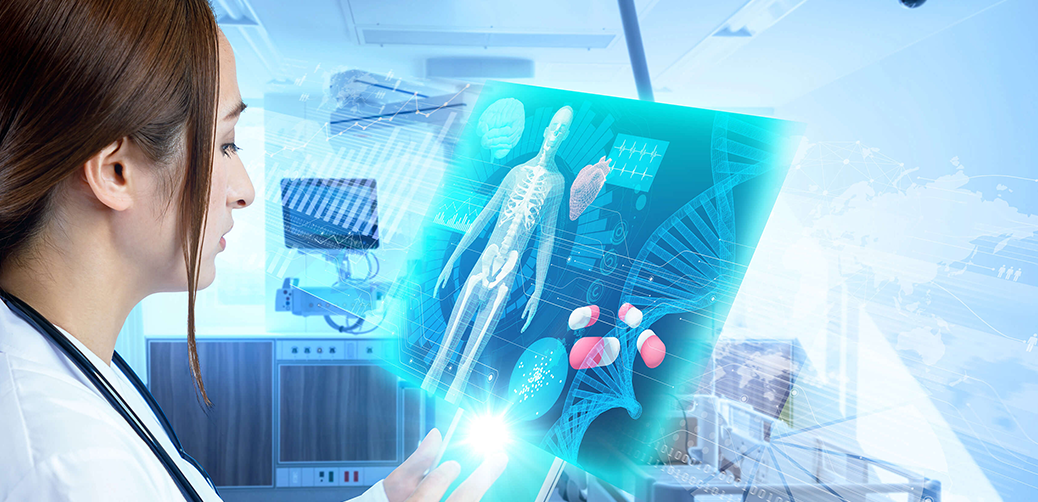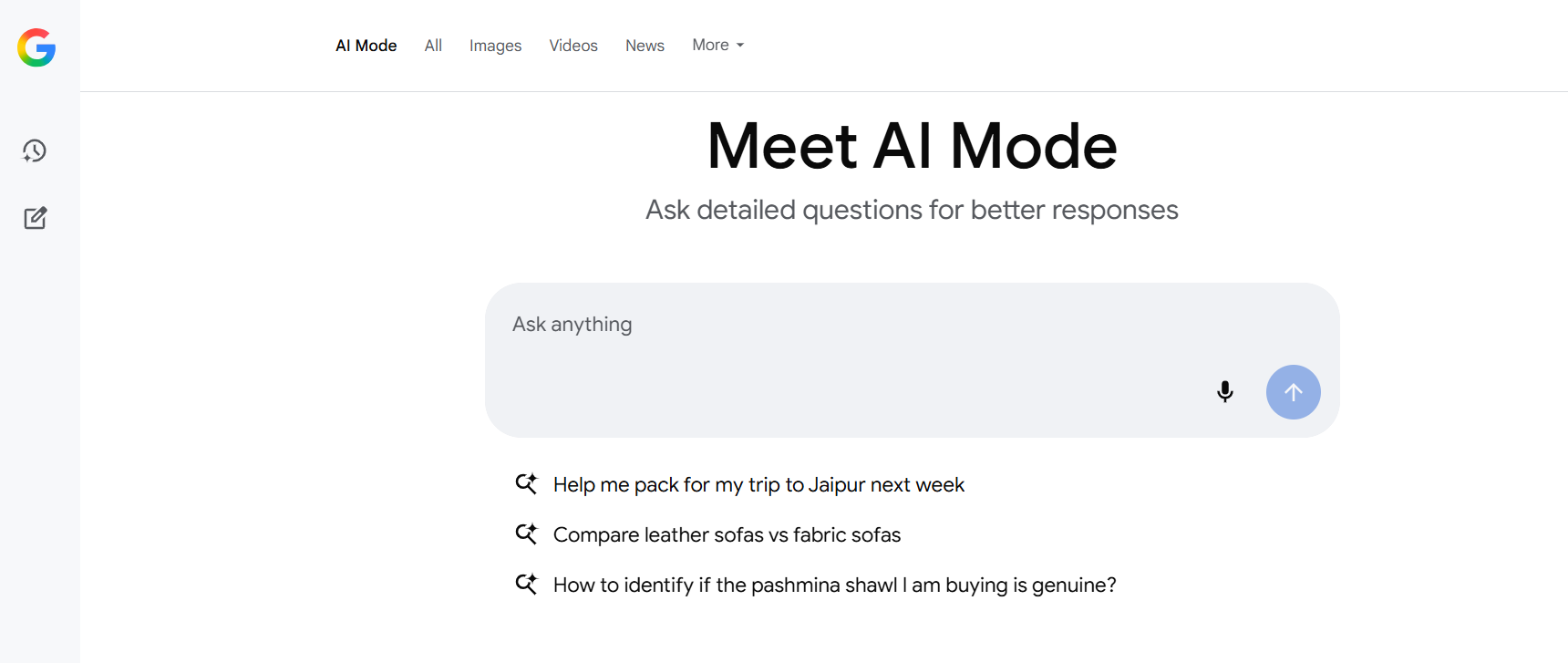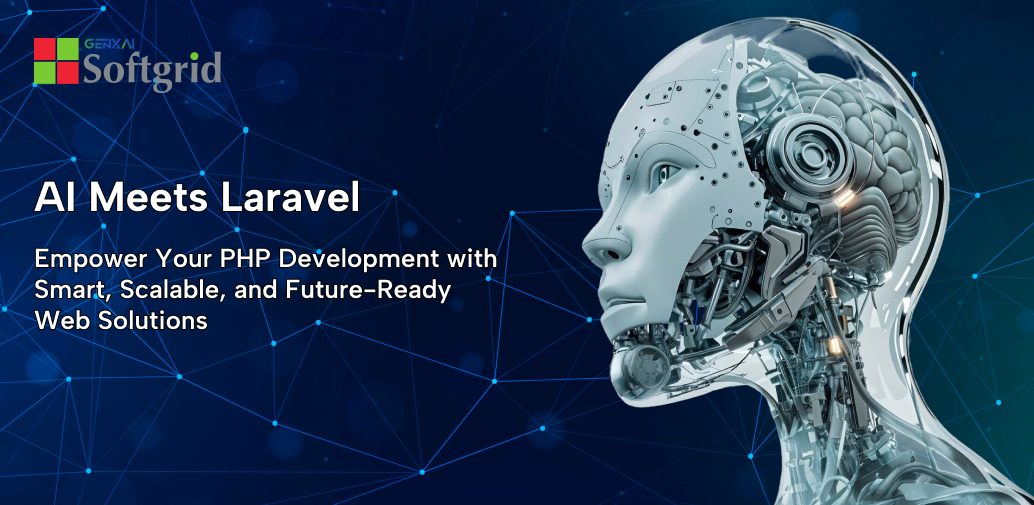The Internet of Things is basically a network of physical devices used to exchange and connect data with other devices over the internet. Internet of Things is a leading terminology in the healthcare industry market, which has evolved rapidly over the last couple of decades.
These smart objects consist of cloud connectivity which collects and transmits that data into a network. IoT has made its place in each and every sector including the healthcare sector. The significant benefits of this technology and its efficiency in the industry over the years has proved it as an important part of the healthcare system.
Importance of IoT in Healthcare
The Internet of Things can be extremely helpful to healthcare workers when they want to complete their tasks on a punctual time or within a particular time period. It has a major role in facilitating a simple and important piece of work. Which in turn can also improve the patients’ outcomes and leads to a rise in productivity. Here, the patient’s health can be continuously monitored by the hospitals or the doctors who in return have the potential to keep their patients safe.
The health care market can now be classified into telemedicine, clinical operations, medication management, etc., only based on IoT healthcare applications. The importance of IoT is clearly visible over the last few years which is growing at a faster phase. In the upcoming years, IoT is going to make a huge impact in the healthcare industry due to its constant improvement.
Benefits of IoT in Healthcare
The Internet of Things has already come a long way and it is a boon to the healthcare industry in several ways. One of the main benefits of the IoT is the remote monitoring of the patients which has totally improved the treatment outcomes. It enables the healthcare industry professionals to keep a watch and connect with them on a regular basis.
- IoT for patients
The patients have been able to get the personalized attention of their health due to the tracking and tracing of their health. Wearable and wireless devices such as fitness bands, glucometer, and heart rate monitoring cuffs have changed lives.
These devices are tuned in to provide exercise checks, calorie count, appointments with the doctor, blood pressure rate, and much more to give a proper analysis of the patient’s health. This persistent tracing of health has been an extremely important part for the elders and the people who are living alone.
- IoT for chronic disease
The major benefit of these connected devices is that it is exceptionally helpful in remote monitoring of chronic diseases. Patients suffering from chronic disease can be fitted with certain wearable medical devices in order to facilitate better monitoring. In cases of emergency, these devices with the option of the alert mechanism will send signals to family members or the healthcare providers. It can also avoid certain complications in coping with this long term illness.
- IoT for hospitals
IoT devices are used not only to monitor a patient’s health but also to track the real-time location of medical equipment. i.e wheelchairs, oxygen pumps, nebulizers, and defibrillators. These are tagged with sensors and detectors in it. It also supports the management of assets like environmental monitoring, checking the temperature in the refrigerator, and inventory control in the pharmacy.
- IoT for physicians
The Internet of Things can help physicians keep track of their patients’ health in a more effective way. The observation of the treatment plans and the emergency medical conditions can also be traced. The patient’s e data analytics from the IoT would provide the doctor’s best treatment room. It also offers hygiene monitoring devices that would lessen the risk of patients getting infected.
The other common and significant advantages of IoT in the healthcare industry are;
- The diagnosis of the diseases is faster as compared to earlier.
- The cost reduction is seen due to a decrease in unnecessary visits to the hospital.
- The method of treatment is improved due to these smart devices.
- The management of drugs and equipment can be quickly done.
- The chances of the error have lessened due to IoT.
Conclusion:
IoT delivers the benefit of addressing the work-related things effectively in the healthcare context. IoT is trending in recent times due to its high advantages. The healthcare sector desperately needs the IoT in order to overcome the challenges like gliding costs of treatment and an unstable regulatory environment.
Most of the simple and complicated tasks can be efficiently managed by these smart physical devices. People have also seen a significant improvement in the quality of healthcare facilities. IoT is undoubtedly the need of the hour and we cannot deny this fact.

 Web and Full Stack
Web and Full Stack CMS and Frameworks
CMS and Frameworks Online Marketing
Online Marketing Cloud Services
Cloud Services ECommerce
ECommerce Mobile
Mobile



